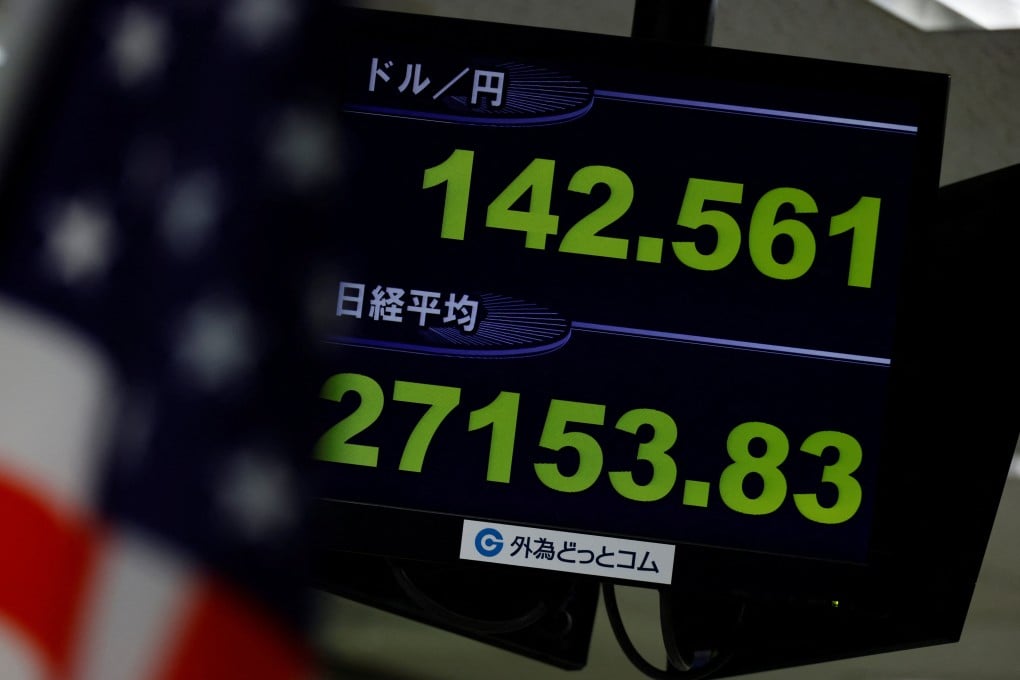Macroscope | Aggressive US interest rate hikes expose Japan’s policy dilemma while Hong Kong keeps pace
- Hong Kong’s dollar peg means it must mirror US monetary policy, and the heavy lifting of supporting the local economy is left to fiscal measures
- In Japan, a BOJ fighting to keep interest rates ultra accommodative is working at cross purposes with government officials trying to prop up the plunging yen

“Ain’t no stopping us now, we’re on the move,” sang McFadden & Whitehead back in 1979, a time when, coincidentally, the Federal Reserve was moving fast to crush US inflation. In 2022, with high inflation back, there’s again no stopping the Fed as it moves to tighten monetary policy.
This is not a particularly comfortable situation for policymakers outside the United States, even in Hong Kong. But at least Hong Kong has a long-established framework that ascribes specific roles to monetary and fiscal policy respectively in circumstances such as these.
The Fed need not worry about the US jobs situation – data released on Friday showed that, despite a succession of rate hikes this year, the US labour market remains tight, with the unemployment rate dropping to 3.5 per cent and increases in hourly average earnings remaining solid.
The jobs figures look certain to further embolden central bank officials, many of whom had already been talking up future interest rate rises.
